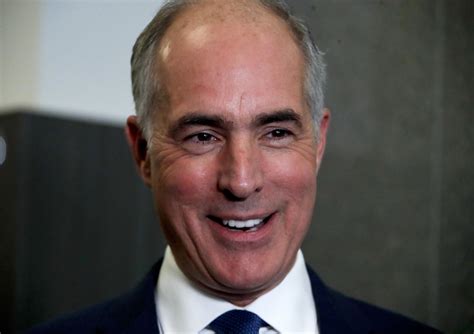A Quote by Kenneth Cole
We as a country are very good at responding to acute, short-term crises. When the crisis becomes chronic, we tend to withdraw.
Related Quotes
The most important thing that a company can do in the midst of this economic turmoil is to not lose sight of the long-term perspective. Don't confuse the short-term crises with the long-term trends. Amidst all of these short-term change are some fundamental structural transformations happening in the economy, and the best way to stay in business is to not allow the short-term distractions to cause you to ignore what is happening in the long term.
With apologies to the green movement, "sustainability" is a myth. History and archaeology show that societies are always moving to the edge of crisis, "falling forward" through growth, but then responding often successfully to the problems created. What we can hope for is that with a somewhat more controlled level of growth, and with longer-term preparations for change, we can keep responding to the inevitable smaller crises, as they arise, and continue to postpone until later and later the, perhaps ultimately inevitable, end of our civilization.
The Israeli-Palestinian problem becomes very acute with Gaza dominated by Hamas. With the possibility of the conflict escalating, not only in terms of Gaza but also the Hezbollah and Lebanon, with the continuing crisis in Iraq, which is very dynamic and unpredictable and which could get out of hand, and maybe even escalate and enlarge.
Being captive to quarterly earnings isn't consistent with long-term value creation. This pressure and the short term focus of equity markets make it difficult for a public company to invest for long-term success, and tend to force company leaders to sacrifice long-term results to protect current earnings.








































